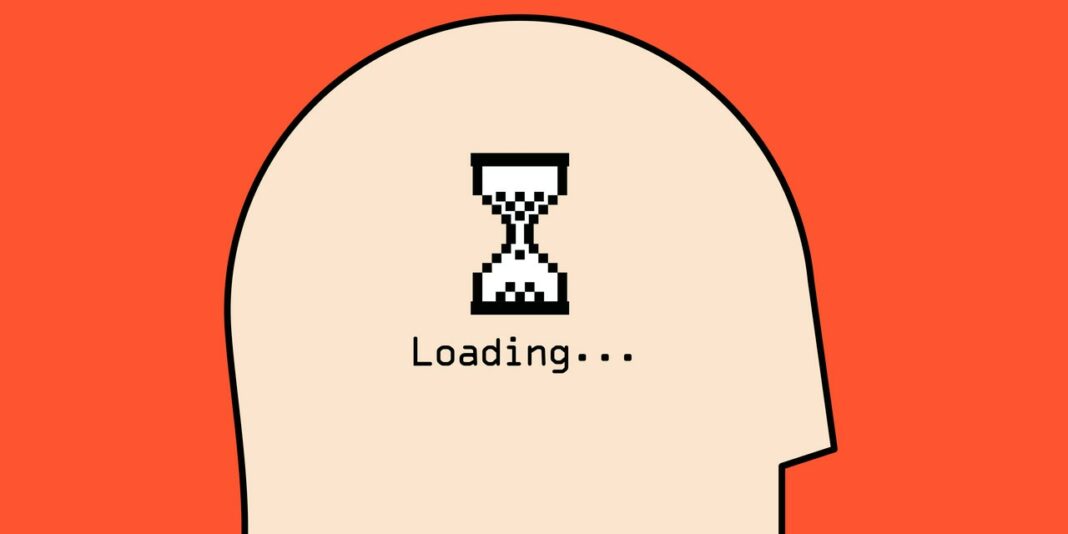Getting older is finally getting something of a rebrand: 40 is the new 20, and 60 is the new 40; it’s cool to be authentic on social media and share unfiltered, no-makeup pictures of your face. And yet, none of that changes the fact that it’s unnerving to notice yourself aging in an internal way—like when you catch little lapses in your memory as early as your 30s.Those minor brain farts aren’t always just random flukes. “We used to think the brain started changing in ways that affected memory when people were fairly old,” Charan Ranganath, PhD, professor at the Center for Neuroscience in the department of psychology at the University of California Davis and author of Why We Remember, tells SELF. “But now we know that those changes actually start around the 30s.”That doesn’t mean you’re doomed to get progressively more forgetful, though. It’s possible to improve your brain’s grip on memory over time with certain lifestyle habits—many of which you may already be doing to benefit other aspects of your health. After all, your brain is a body part, Dr. Ranganath says, “so the kinds of things that are good for your body are ultimately good for your brain too.”Below, experts break down the everyday behaviors that can improve your memory long-term, why they work, and how to make them a functional part of your routine.First, it’s important to have some background on why your memory starts to go in your 30s.It sounds wild, but your brain naturally begins to shrink in your 30s (after hitting peak functioning around age 25). Specifically, research has pinpointed declines in the frontal lobe, which includes your prefrontal cortex, or the area that handles executive functions. Dr. Ranganath describes it as the part of your brain that coordinates all its other sections toward a common goal, like an executive at a company. “As the prefrontal cortex gets a bit slower to respond with age, it doesn’t have as much leadership, so to speak, and things can run off course,” he explains, “which is why we find ourselves losing our train of thought, getting distracted more easily, or having trouble remembering things.”All of this is captured by a dip in “fluid intelligence,” which reflects how quickly you can take in information and act on it, Antonio Puente, PhD, a board-certified clinical neuropsychologist and chief psychologist in the department of psychiatry and behavioral sciences at George Washington University, tells SELF. It declines steadily with age (starting as early as your 20s), he says, so in your 30s you might feel a little more scatterbrained or inattentive when you’re handling a few things at once.And that’s before you add in all the everyday life reasons that can cause you to, say, blank on someone’s name. You may be a first-time parent, climbing the ladder at work, or just dealing with the stress and fatigue of hardcore adulting (or all of the above!). “People in their 30s have a lot of demands on them,” Dr. Ranganath says, “and they’ve probably got all sorts of devices (like a tablet, laptop, and maybe multiple phones) they’re managing that are also taxing their frontal lobe function even more.” Translation: Being pulled in a million directions—whether digitally, IRL, or both—will make it tougher for your brain to recall that one thing you didn’t write on your to-do list or even why you walked into a certain room.So what kind of habits should you start in your 30s to protect your memory for the long haul?1. Make a routine out of getting enough sleep.Burning the midnight oil doesn’t just leave you feeling fuzzy as hell the next day. Regularly missing the sleep your body needs—around seven hours every night—can really screw with your memory over time for a couple reasons: You’re reducing your brain’s capacity to clear away the waste it naturally accumulates during the day (which has been linked to a higher risk of developing dementia) and, more imminently, cutting down the time you’re spending in REM sleep, when the brain commits the skills you’ve learned to long-term memory. In fact, REM is often the stage that’s affected most when you start losing sleep, Dr. Puente says.
